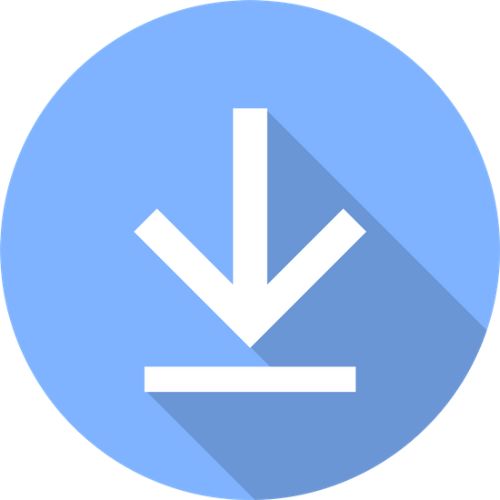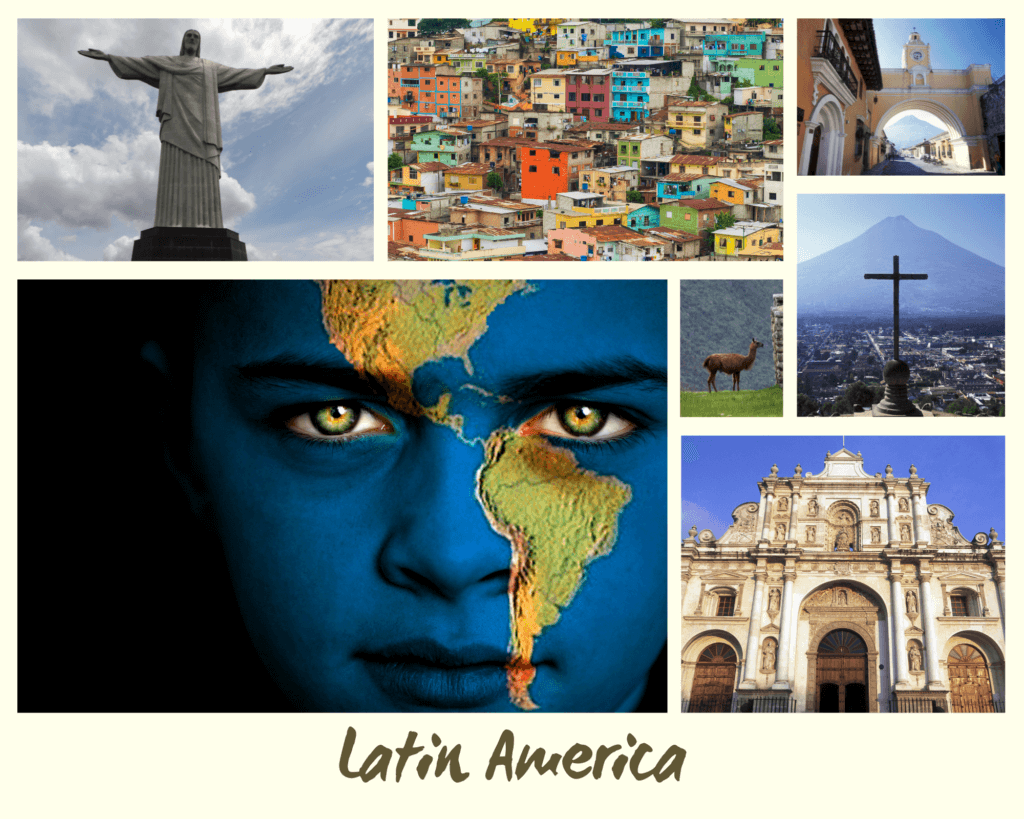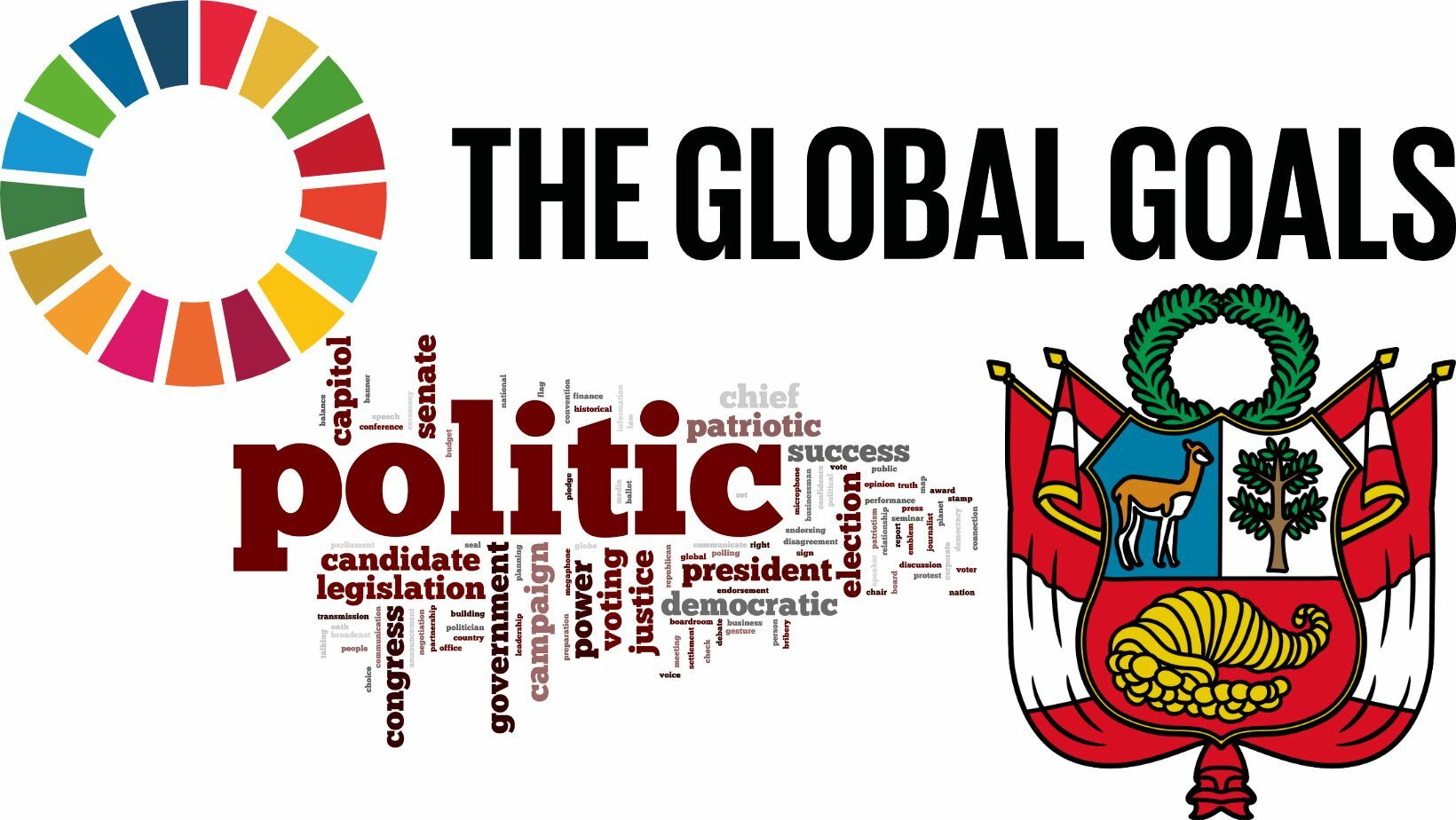Picture Source: AUN News
Citation
An old idiom says someone else will create it for you if you don’t own your identity. In the digital age, this means that if you don’t have control over your online presence, someone else will control it for you — often to the detriment of your reputation and livelihood. To solve this problem of identity control, we now have decentralized social networks that allow users to connect with each other while maintaining ownership of their data at all times.
Social media has changed the way that we relate and connect. How Facebook, Twitter, and other social networks have changed communication should not be understated. But now, Decentralized Social Networks are decentralizing this concept, allowing users to control their identity and monetize their online experience in a way never before possible. Decentralized Social Networks have the power to revolutionize the way we connect and sell our products and services. But what exactly are they? What are the challenges they face? Why are they important? The following article takes an in-depth look at Decentralized Social Networks and what they mean for our future online experience.
In this article, I’ll discuss how these social media platforms are different, why you should pay attention to them, and some of my favorite projects in the space!
What is a Decentralized Social Network (DSN)?
A Decentralized Social Network is a platform that allows users to control their own identity and data and monetize their online experience in a way never before possible. Users can create an account with the DSN, linking them to various online communities they can actively participate in or browse. The DSN does not require any centralized servers, so there are no single points of failure for hackers to target; each user is responsible for managing their data and only shares it with those they choose.
DSN users have complete control over what information about themselves is available to other community members, such as gender, sexual orientation, interests, and opinions on various topics. By uploading posts, pictures, videos, chats, and location data, DSNs provide opportunities for users to interact with one another. What are some benefits? There are many benefits associated with using a decentralized social network like BurstIQ: Personal Privacy – users keep complete control of all content created & shared on the network.
- Total Control – you’re in charge of your own identity & how you share it
- Data Security – no central server means 100% security from hackers – Better Future – by opting into a decentralized social network, you’re supporting technology that will help lead to less censorship and more privacy globally
- Make Money from Your Content – followers can send cryptocurrency tokens called Bursts to reward great content by posting engaging content. (Only post original content!)
- Monetization Opportunities – currently, companies pay Facebook $100K per day for ads. On DSNs, brands will have the opportunity to reach audiences at a low cost through powerful advertising. As the internet continues to grow, we need to decentralize our social networks if we want to preserve our freedoms and protect ourselves from cyber-attacks while still having access to cutting-edge communication technologies. Together, let’s create a better tomorrow!
How do decentralized networks change our perception of social?
When we see the word decentralized, it usually means that the power has been taken out of one entity’s hands and distributed among several people. This is what decentralized networks are all about. Decentralized networks empower users to control their identities and data and monetize their online experience in a way never before possible. For example, your posts on decentralized social media sites like Steemit will earn you cryptocurrency instead of likes or shares. What this means for you is that your content will be valued based on its quality rather than just how many people happen to come across it.
Decentralization is an excellent thing
The more decentralized, independent systems we have, each of which has its value proposition and economic model for users to engage with in a way that makes sense to them, it seems much more likely we will find one (or many) winner(s) that make sense for most people. It’s not just about competition; it’s about discovery. Maybe you prefer Ethereum over Bitcoin or vice versa. We might still be able to go further down – if you like Litecoin over Ethereum because you think it’s faster, why not look into Dash? Or maybe Decred is what you’re after?
There are so many options out there, but all of them are open-source and decentralized. No single entity can control its destiny; they rely on our engagement to thrive. In order to truly succeed at creating a social network without a central authority, we must create an environment where individuals feel comfortable sharing information while retaining ownership of their data and identity. To do so, these networks need to incentivize users by providing clear benefits for participation through tokens/cryptocurrency rewards.
With so much freedom and power in your hands, you must be mindful of how you engage with these new networks. As we begin to rely on decentralized systems for essential aspects of our lives like social media and job security, it will become more and more necessary to watch what precisely these networks are doing with our information, identities, etc.
Why Decentralized Over Centralized?
One of the core reasons that decentralized social networks will be a big deal is privacy. With centralized social networks such as Facebook or Twitter, you’re forced to put all your information out there if you want to enjoy any of their services. But with a decentralized network, no single company is in charge, and users control their experience. You can share what you want and nothing more. I think people will prefer doing things on their terms—and if you agree, then Decentralized Social Networks are an idea worth paying attention to.
What Can You Do With DSN?
The possibilities for DSNs are pretty exciting! One of my favorite examples is Steemit which uses a token called STEEM to incentivize good content from its users. Because they get paid when they create good content, they are incentivized to produce great content! If you do something well, it can pay off nicely (in Steem). It’s also possible that people might use tokens like STEEM for other things like identity verification or even payments between each other (I hope so). To learn more about how tokens work in Decentralized Social Networks, check out BitcoinWiki’s post on Ethereum Tokens & ICOs.
Is a Decentralized Social Network Right for Me? If you’re like me, then you’ve been frustrated with how social networks have changed in recent years. I used to be able to follow people on Twitter that shared content I cared about and interact with them, but now Twitter is designed to push my attention toward breaking news instead of what my friends are up to. With a Decentralized Social Network, it doesn’t matter if a few big companies change their business models– because users can control their own experience! Are you ready for an online experience where you call all your shots?
How does this work?
Decentralized networks are inherently different from traditional centralized networks like Facebook and Twitter, and there are several ways they differ from how things work now.
- First, a single failure point is impossible in a decentralized network. They do not rely on any one entity for content delivery or hosting. Instead, decentralization means that all data is distributed across many nodes on the network.
- Second, with centralized networks, users can control their identity and monetize their online experience in a way never before.
- Third, because there are no restrictions on who can join and become an active node (user) in the network, it’s easier for new ideas to enter the system without being disrupted by outside forces.
- Fourth, user-generated content is more valuable because it comes directly from people’s experiences. There’s no filter, which means less bias. In addition, creating your own personal social feed based on what you want to see is much easier because you’re only getting posts relevant to your interest instead of being told what you should be interested in based on someone else’s values.
- Fifth, community members are incentivized with tokens when interacting positively with other community members and posting quality content. These interactions keep the entire ecosystem thriving by rewarding good behavior while punishing destructive behaviors such as trolling & bullying.
- Lastly, developers will be able to contribute more quickly due to this platform’s open API, which enables them to design apps that will run smoothly within the platform.
Identity Management
Decentralized social networks will enable users to own their online presence and identity completely. This is an essential and revolutionary concept regarding security, privacy, and freedom of speech. Facebook has recently come under fire for its controversial real name policy, which encourages users only to share their real first names on their profiles. It may seem innocuous at first glance; a user’s legal name is commonly required for identification at banks and other institutions. However, many people feel that what you choose to call yourself online should be up to you alone.
Decentralized social networks will allow users complete control over what they reveal about themselves online – if you want your real name shared in your profile, go right ahead. If you prefer to use a nickname or something more creative, no one can stop you from doing so. The same goes for every detail in your profile – photos, personal information, interests – all of these elements are entirely up to you. You can decide how much information you want to make public or private! A decentralized social network would also eliminate any risk of hacking or data breaches since there would be no centralized database holding everyone’s sensitive information. So instead of relying on the benevolence of corporations like Google and Facebook to keep our digital lives safe, we could rely on ourselves.
Privacy settings on most social media platforms depend primarily on our willingness to monitor everything we post and who views what we post – this leaves us vulnerable. For example, your posts may not appear in your timeline if someone blocks you or chooses not to follow you. But with a decentralized system where content isn’t stored centrally, this won’t happen because the content doesn’t exist anywhere until someone else shares it with them (or re-publishes it).
Metcalfe’s Law – How Network Effects Create Value
The value of a network is proportional to its number of users squared. What does that mean? When Facebook reached 10 million users, it had much value. But when it got 100 million users, it was ten times more valuable. This pattern continues ad infinitum as each new user exponentially increases the value of all existing users.
More specifically, Metcalfe’s Law states that the utility or value of a network increases with the square of the number of users multiplied by some function. In other words, social networks derive their full potential from their entire network (nodes) and can reach critical mass once enough people use them. For example, if you have one friend on Facebook, then it has limited use to you. It becomes more valuable if you have two friends because now you can send messages to both friends at once. Once you get three friends on Facebook, your ability to connect with others suddenly grows dramatically because now you have three connections instead of just two! And so on…this same concept applies across all social media platforms like Twitter and LinkedIn too!
A decentralized approach creates more excellent value.
A decentralized approach creates even greater value for everyone involved because no single entity owns our identity online or controls what we do with our content. Instead, we own everything – from how much data to share with advertisers to how our data gets used and shared among peers. Decentralized systems empower us by giving us control over how we participate in the digital world. Decentralized Social Networking sites operate under the same basic principles as any other social networking site. Still, they provide an extra layer of privacy through decentralization – meaning only those within the ecosystem can access your data while third parties stay out.
A decentralized system means power resides in individual participants, not just one central player. Individuals who build these systems are called miners, which refers to their participation in maintaining order within these ecosystems, similar to Bitcoin mining, where miners receive rewards in return for processing transactions on behalf of others.
Sybil Attacks / Fake Accounts
When we create an account on a traditional centralized social network, we are forced to give up our identity and accept that it is owned by someone else. When you create an account on a decentralized social network, you create your own independent digital identity, yours and yours alone.
It can be as simple or complex as you want it to be and is encrypted in a way that ensures no one can see how old you are or what your real name is. We call these Self-Sovereign Identities. This means that unlike with Facebook if you choose to change your username on a decentralized social network (for example, from Joe Smith to Joe Awesome), everyone who knows you will still know who you are! The same cannot be said for Facebook. If Joe changed his name from Joe Smith to Joe McDonald, all his friends would suddenly not know who he was anymore.
This new paradigm of self-sovereign identities creates a more secure and private experience than ever before possible online. You get to decide whom you want to be, and people decide if they trust that person enough to interact with them. A Sybil attack is when an attacker subverts a system by controlling multiple accounts to manipulate other users. An attacker can’t do this without self-sovereign identities on a decentralized social network like Friend Computer! You get complete control over your identity – even if your private key was compromised, there’s nothing anyone could do except ask for their tokens back.
Communications Ecosystems – Why We Need This Now
In the past, we’ve relied on centralized communication systems (i.e., Facebook and Twitter) to share information. However, as those networks have become more centralized regarding data control and user experience, more people are seeking decentralized options. That’s why blockchain-based social media platforms like Steemit are gaining popularity quickly—the platform rewards users for producing content rather than simply watching ads. It also allows them to hold onto their data instead of relinquishing control to a large corporation that could misuse it.
Even startup options enable users to make money by posting advertisements on their accounts or receiving payments from followers who wish to support their content through cryptocurrency donations via platforms like PayPal or Bitcoin Cash. What these solutions offer is a way for you to keep your data safe and monetize your online presence without worrying about censorship or unfair algorithms that limit your reach. Decentralized communications ecosystems may be what you need most if you want to get ahead in today’s digital world. A Decentralized Communications Ecosystem, sometimes referred to as Web 3.0, would empower people with ownership over their data & content–ensuring they can’t be censored. Decentralization gives us the power to put our identities back into our hands.
Conclusion – A Bridge Too Far? Or Just Ahead of Its Time?
The invention of social networking sites like Facebook & Twitter created a new paradigm for how we connect. Decentralized Social Networks are taking that same concept and decentralizing it, allowing users to control their own identity & monetize their online experience in a way never before possible. But how far is too far? With every advancement in technology comes its share of risk, so before we create another platform for sharing our deepest secrets, do we need to stop and consider its implications? Maybe… maybe not.
Historical conclusion
History has shown us time and again that with any new technology or idea, there are bound to be unintended consequences. Still, these advances have also been instrumental in pushing our society forward. Take Myspace as an example. It was revolutionary when it first launched, but now that Facebook is here, who uses Myspace anymore? What will happen to today’s leading social networks in 20 years? Will they still exist, or will they fade into obscurity as AOL Instant Messenger did just a few short years ago? Only time will tell. I can say with certainty that if you want to stay ahead of your competition, you should pay close attention to what’s happening in your industry. You’ll be surprised at what you find!
For instance, even though I currently use Facebook for social networking and think it’s a great product, what if something better comes along? If I don’t keep an eye on my industry, I might miss an opportunity to change platforms before it’s too late! When Facebook is no longer meeting my needs—and those of my friends and followers—I’ll be ready to take its place with another platform. And when that day comes, you can bet that I’ll never look back!
Because decentralized social networks are just ahead of their time…now is a good time to start thinking about your strategy if you want to be first in line.
Author: Priyasa Banerjee
Secretary, Advocacy Unified Network






